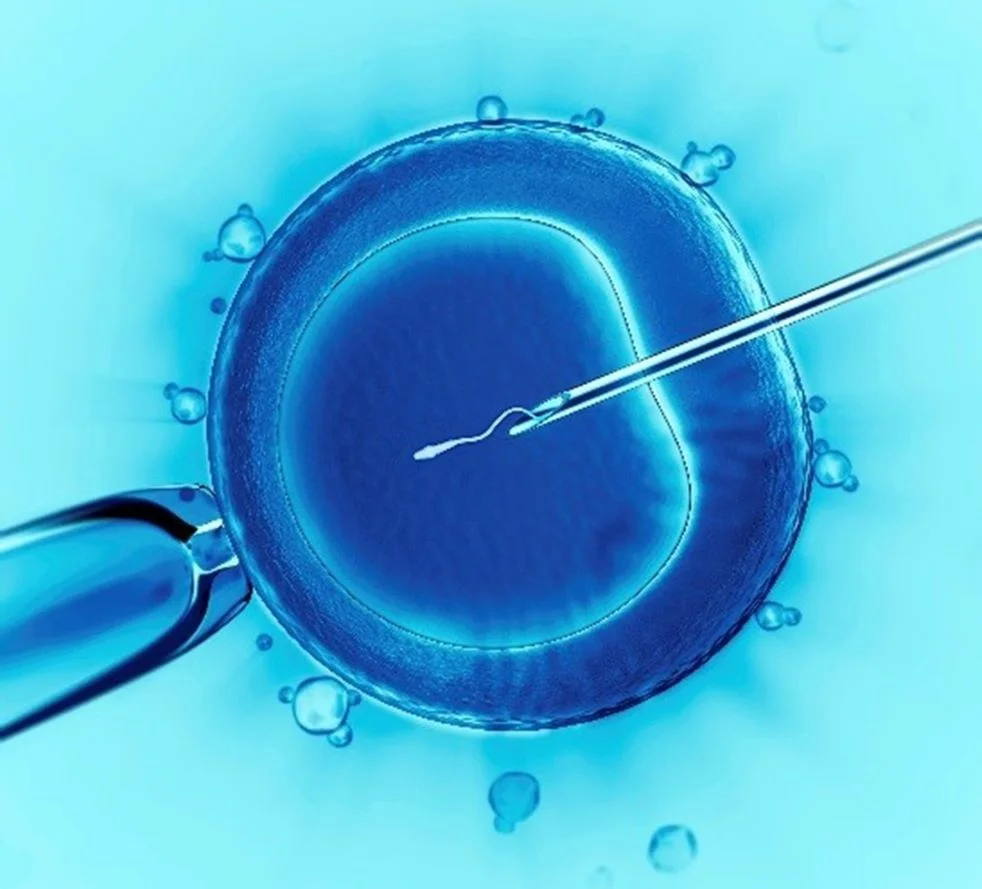
Embarking on the journey of parenthood can be filled with challenges, and for many, assisted reproductive technology like In Vitro Fertilisation (IVF) stands as a beacon of hope amidst uncertainty.
IVF is a procedure that involves combining eggs and sperm outside the body in a laboratory dish, with the resulting embryos transferred into the uterus to establish a pregnancy. IVF is the main treatment for infertility, especially for women with conditions that affect the reproductive system or above the age of 40 desiring to conceive. It’s also commonly recommended for couples experiencing male factor infertility.

![]()
Consultation and Assessment: The journey begins with an initial consultation with a reproductive medicine specialist. Medical history, tests, and examinations help determine the most suitable treatment plan, which could include standard IVF protocols or natural cycle IVF for certain patients.
Ovarian Stimulation: Women undergo hormonal therapy to stimulate the ovaries to produce multiple eggs. Regular monitoring via ultrasound and blood tests ensures optimal egg development while also aiming to minimise the risk of ovarian hyperstimulation syndrome, a potential side effect.
Egg Retrieval: Once the eggs are mature, a minor surgical procedure called egg retrieval procedure is performed under sedation. A thin needle is guided through the vaginal wall to collect the eggs from the ovaries.
Sperm Collection and Fertilisation: On the same day as egg retrieval, the male partner provides a sperm sample, which is then combined with the eggs in a laboratory dish. Fertilisation may occur through conventional IVF or Intracytoplasmic Sperm Injection (ICSI), depending on individual circumstances.
Embryo Culture: Fertilised eggs develop into embryos over several days in the laboratory, monitored for quality and progression.
Embryo Transfer: Typically, one or two high-quality embryos are selected for transfer into the uterus. Doctors may recommend a fresh embryo transfer or a frozen embryo transfer, depending on your treatment plan and individual needs. This is a relatively simple procedure, similar to a cervical smear, performed without anesthesia.
Waiting Period: Following embryo transfer, a waiting period of about two weeks ensues before a pregnancy test is conducted to determine if implantation has occurred.
Embarking on the IVF journey as a mother-to-be is a courageous step towards fulfilling your dream of parenthood. While the process may seem daunting, adequate preparation can alleviate stress and empower you for the road ahead. This guide is designed to offer practical advice and emotional support as you prepare for your IVF treatment.
| Understanding the IVF Process | Take the time to thoroughly understand the IVF process. Ask questions during consultations and seek clarification on any uncertainties. Knowing what to expect can help alleviate anxiety and foster a sense of preparedness. |
| Prioritise Self-Care | IVF treatment can be physically and emotionally demanding, making self-care paramount. Prioritise activities that promote relaxation and well-being, such as yoga, meditation, or gentle exercise. Additionally, ensure you’re getting adequate rest and nourishment to optimise your overall health. |
| Establish a Support Network | Surround yourself with a supportive network of family, friends, and healthcare professionals who understand and empathise with your journey. Share your feelings openly and lean on loved ones for encouragement and comfort when needed. |
| Prepare for Lifestyle Adjustments | Certain lifestyle adjustments may be necessary to optimise your chances of success during IVF. This may include adopting a healthy diet rich in nutrients, minimising alcohol and caffeine intake, and avoiding tobacco products. Discuss any concerns or questions about lifestyle modifications with your doctor. |
| Cultivate Positivity | Maintaining a positive mindset throughout your IVF journey can have a profound impact on your well-being and treatment outcomes. Embrace each milestone and celebrate your resilience along the way. |
In Vitro Fertilisation offers hope and opportunities for individuals and couples facing infertility challenges. By understanding the IVF process and what to expect, you can approach treatment with confidence and optimism, guided by knowledgeable obstetricians and gynaecologists every step of the way at Pantai Hospital Kuala Lumpur.

